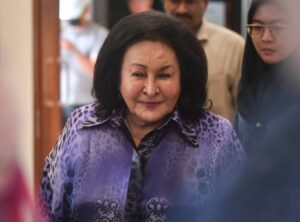By Isabelle Leong | Malaysiakini
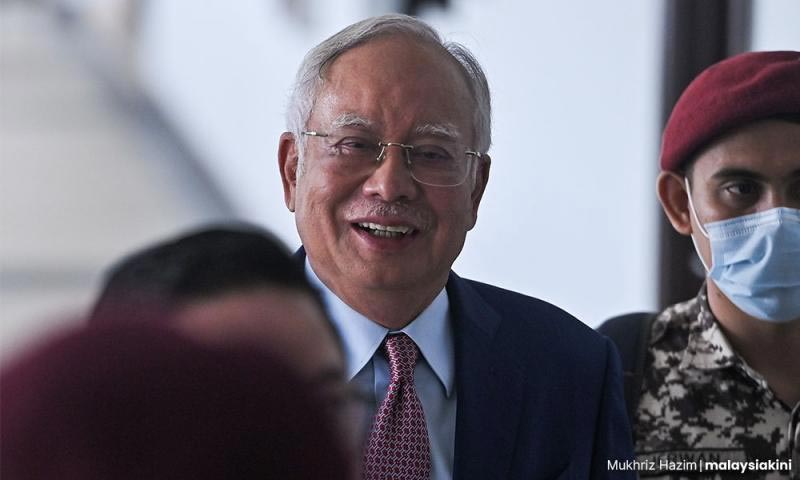
The Pardons Board’s one-page statement on Feb 2 announcing the reduction of former premier Najib Abdul Razak’s sentence has been deeply divisive.
Many were disappointed with the decision to slash the former Umno chief’s 12-year sentence to six as well as reducing his fine from RM210 million to RM50 million, while others, including Najib, lamented that a pardon was not granted.
But besides widespread disappointment, the Pardons Board’s decision has also left many lingering questions.
In this instalment of Kiniguide, Malaysiakini looks to answer some of those questions.
Did Agong have final say in Pardons Board decision?
The Pardons Board — in the case of the Federal Territories — consists of six members, the Yang di-Pertuan Agong, the Federal Territories Minister, the Attorney General, and three others.
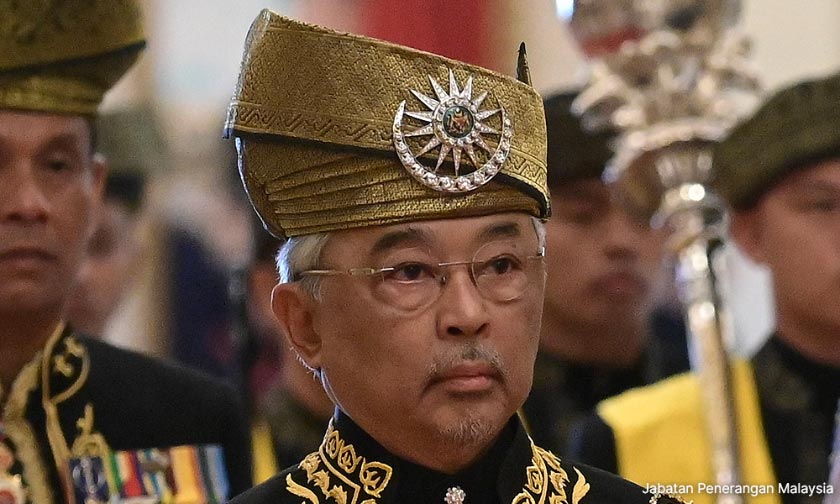
The cabinet’s main position — including that of Prime Minister Anwar Ibrahim — was that the power to pardon, and therefore the Pardons Board decision, is the sole discretion of the king.
In this case, it is Pahang’s Sultan Abdullah Sultan Ahmad Shah who chaired the Pardons Board meeting on Jan 29 — one day before his term as Agong ended.
This argument is based on Article 42(1) of the Federal Constitution, which states that the Agong has the power to grant pardons, reprieves, and respites in respect of all offences committed in the Federal Territories.
However, contrary to the cabinet’s main position, Minister in the Prime Minister’s Department (Federal Territories) Dr Zaliha Mustafa — who sits on the board — said the reduction of Najib’s sentence was a “collective decision”.
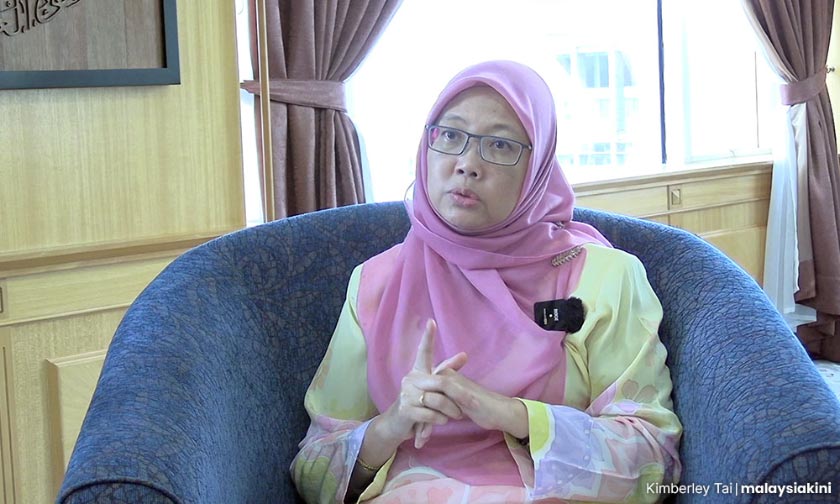
Further, former MACC chief Latheefa Koya — who is also a veteran lawyer — argued that the Federal Constitution requires the Agong to take the Pardons Board’s advice.
This is in line with Article 40(1) of the Federal Constitution which states that the king is to act on the advice of the executive, she said.
Meanwhile, Article 42(9) states that before a Pardons Board tenders its advice it shall consider any written opinion which the Attorney General may have delivered.
The position that the Agong acts on the advice of the executive and the Pardons Board is the main position being taken by the legal fraternity.
This includes the Malaysian Bar which argued that the Constitution makes clear that the power to pardon is not a discretionary power held by the king.
The lack of clarity on the matter has led to calls for the Pardons Board to disclose the reasons behind its decision to reduce Najib’s sentence.
Attorney General Ahmad Terrirudin Mohd Saleh has also been urged to disclose his advice to the board over the matter.
Why was Najib’s fine reduced more than 50pct?
In the statement last Friday, the board said Najib was granted a 50 percent reduction on his jail and fine sentence.
While his jail time was halved, the fine slapped on the former UMNO MP was slashed from RM210 million to RM50 million – which is a whopping 76 percent.
When asked to clarify, the Prime Minister’s Department’s Legal Affairs Division explained to Malaysiakini that the 50 percent only applied to the jail sentence, and not the fine — implying an error in the statement.
Was Najib’s pardon hearing fast-tracked?
UMNO supreme council member Lokman Noor Adam revealed that Najib’s pardon bid was heard early thanks to efforts by Anwar and Deputy Prime Minister Ahmad Zahid Hamidi.
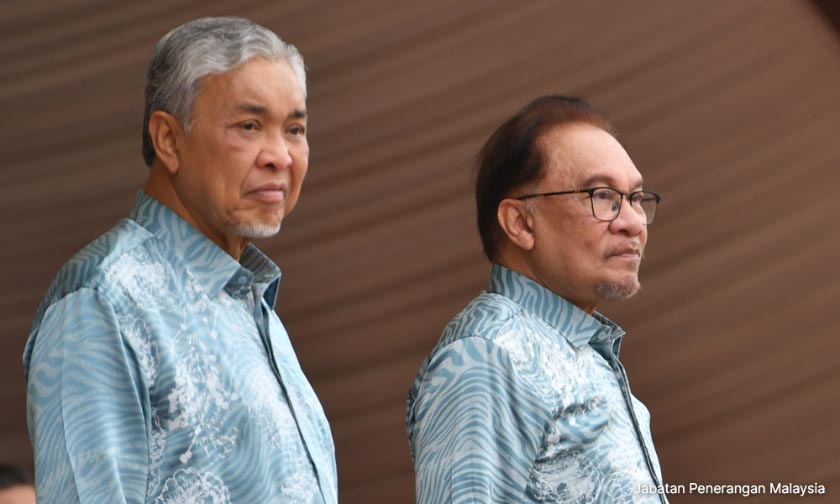
He said usually pardon applications were only heard after a prisoner served one-third of his sentence.
One-third of Najib’s original 12-year sentence would have been four years behind bars.
Najib has only served just over one year in prison since he was convicted in the RM42 million SRC International case in August 2022.
However, expert opinion indicated that the one-third rule is a matter of convention, rather than an actual rule.
This was attested to by former Attorney General Tommy Thomas in an interview with Malaysiakini in 2022.
Likewise, while opining that Najib’s pardon hearing was indeed fast-tracked, criminal lawyer Goh Cia Yee said there is no statutory requirement for one-third of the sentence to be served before a pardon application can be considered.
“The one-third condition is simply policy aimed at avoiding the immense amount of pardon applications to be considered in one time.
“We also have to note that a majority of the cases involving the death penalty and imprisonment for natural life are being reviewed by the Federal Court.
“It is arguable that the backlog of pardon applications for the Federal Territory has been reduced as a result,” Goh told Malaysiakini.
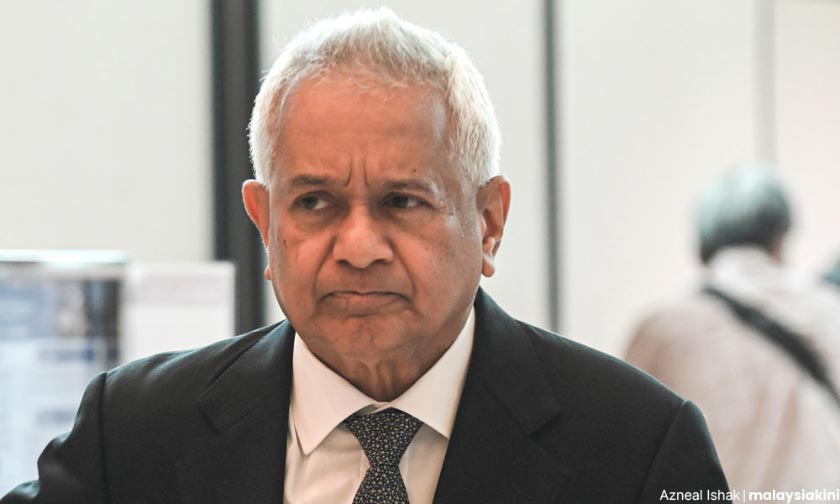
However, Thomas said there is one more stipulation for pardons to be heard, that is a prisoner must not have any other criminal cases pending.
In Najib’s case, he has three more pending court cases against him.
Will the partial pardon affect Najib’s other cases?
Both Goh and lawyer New Sin Yew concurred that Najib’s reduced sentence will not affect the former Pekan MP’s other cases.
“Not from a legal standpoint, as the conviction still stands,” Goh explained.
There are, however, concerns among critics that since Najib’s sentence has been reduced, prosecutors would drop the other cases using the Attorney General’s prerogative to cease prosecution at will.
What happens if Najib is convicted in the 1MDB case?
If Najib is convicted in the 1MDB case, Goh opined that he will either apply for a stay of execution of the sentence pending appeal, as he previously did for the SRC case, or proceed to serve the sentence from the date of his conviction pending appeal.
However, he pointed out that choosing to serve the sentence pending the appeal over the other option could have strategic benefits.
“If Najib’s conviction is upheld on appeal, he would have at least served part of the sentence by then, rather than having to count from the date that the stay is set aside upon the conclusion of the appeal process,” he said.

Meanwhile, New said the court will have to take into account whether Najib is in prison or not.
“The court will decide whether the imprisonment, if such is the sentence, will run from the date of his release or overlap with the current period of imprisonment,” New told Malaysiakini.
Barring other convictions, when will Najib be out?
Based on the Pardons Board’s statement, Najib’s halved prison sentence will end around August 2028.
However, he might be eligible for early release on good behaviour after serving two-thirds of his sentence – which is in August 2026.
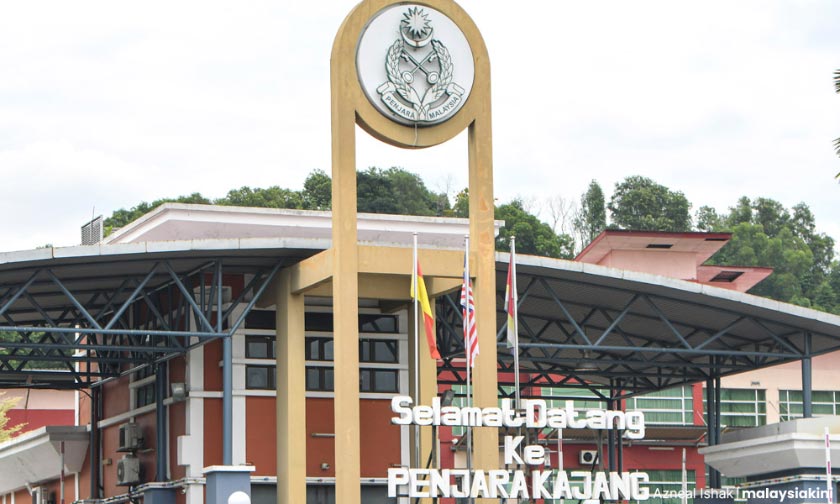
Can Najib contest in GE16 if he is released in 2026?
The short answer to this burning question is no.
There are two types of pardons — a “conditional pardon”, where the sentence is substituted with a lesser sentence, or a “free pardon” which purges the prisoner’s offence and all consequences of their crime.
Since Najib was not granted a full or free pardon by the Agong, New said that the 70-year-old will be disqualified from elections for five years from the date of his release.
However, New said under Article 48(3) of the Federal Constitution, his disqualification to contest an election could be removed if he received a full pardon.
Can Najib appeal to new Agong if dissatisfied?
Goh highlighted that there is no law barring a second pardon application especially when there is a different Agong.
Under Regulation 113 of the Prisons Regulations 2000, Najib can send such a petition for pardon for the second time after three years from his conviction date.
He can then subsequently continue to send such petitions at two-yearly intervals unless there are “special circumstances”.
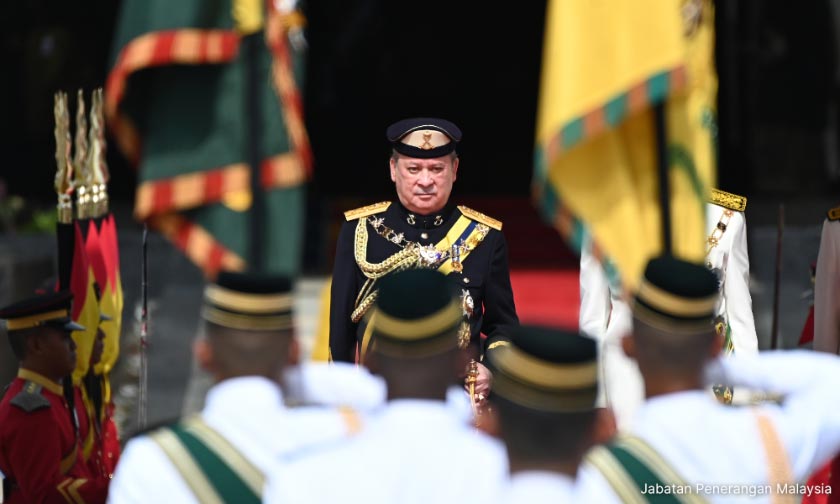
However, New said the 17th Agong Sultan Ibrahim Sultan Iskandar, who ascended to the federal throne on Jan 31, is not prohibited from further reducing or granting Najib a full pardon.
The lawyer cited former minister Mokhtar Hashim’s case in the 80s, where the latter was released following an application for a pardon after being convicted of murder.
The lawyer said Mokhtar’s death penalty was initially commuted to life imprisonment after an application for pardon.
However, he was released from prison after receiving a royal pardon following a subsequent application to the Pardons Board.


